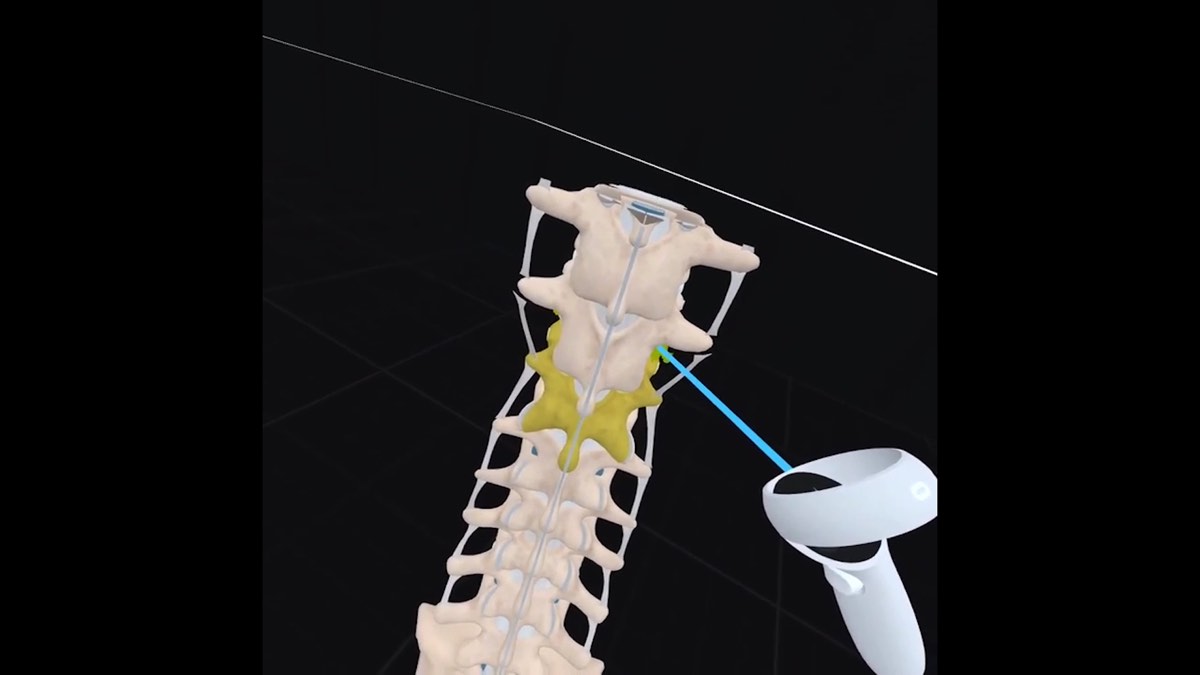NEW YORK (Reuters Health) – Elderly patients who use antipsychotic agents are at increased risk for community-acquired pneumonia, a report from The Netherlands indicates. Moreover, as the drug dosage increases, so does the risk of pneumonia.
"Clinicians who start treatment with both atypical and typical antipsychotic drugs should closely monitor patients, particularly at the start of therapy and if high doses are given, with respect to the risk for community-acquired pneumonia," lead author Dr. Gianluca Trifiro, from Erasmus University Medical Center, Rotterdam, and colleagues advise.
Exactly how antipsychotics may promote pneumonia is unclear, the report indicates, but their antihistaminergic, extrapyramidal, and anticholinergic actions could promote aspiration pneumonia through effects on swallowing and mouth dryness.
For their study, reported in the Annals of Internal Medicine for April 5, the authors gathered data from the Dutch Integrated Primary Care Information database from 1996 to 2006. They compared 258 antipsychotic drug users with incident pneumonia (age 65 years or older) to 1686 control subjects matched by age, gender, and date of onset.
Current use of typical and atypical antipsychotics increased the odds of community-acquired pneumonia in a dose-dependent fashion (adjusted OR, 1.76 and 2.61, respectively). Further analysis showed that only use of atypical antipsychotics increased the risk of fatal pneumonia (adjusted OR, 5.97).
The risk of pneumonia was greater for agents with higher H1-histaminergic receptor affinity, according to the paper.
"In light of the potential role of the antihistaminergic effect in the antipsychotic-induced pneumonia and the differential receptor-binding profile of antipsychotic drugs, larger population-based studies should better evaluate the comparative risk for community-acquired pneumonia for individual atypical and typical antipsychotic drugs," the authors conclude.
A similar report from The Netherlands, published 2 years ago, used national pharmacy data from 1986 to 2003 to evaluate the risk of pneumonia in elderly users of antipsychotics (see Reuters Health story, April 25, 2008). In that study, the risk of pneumonia nearly quintupled during the first 7 days of antipsychotic use but then declined over the next few weeks. Those authors too cited aspiration as an important etiology in their elderly subjects, and they advised physicians to evaluate patients’ ability to swallow before prescribing antipsychotics.
Reference:
Ann Intern Med 2010;152:418-425.




